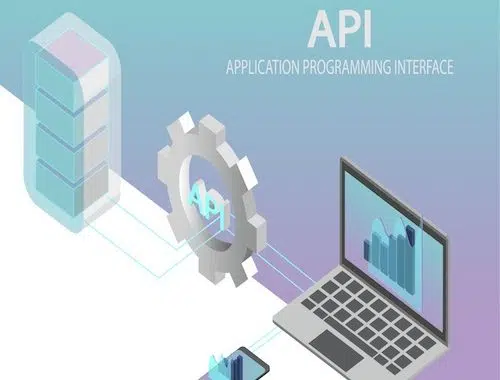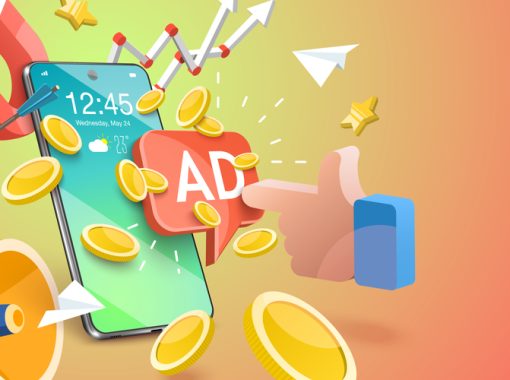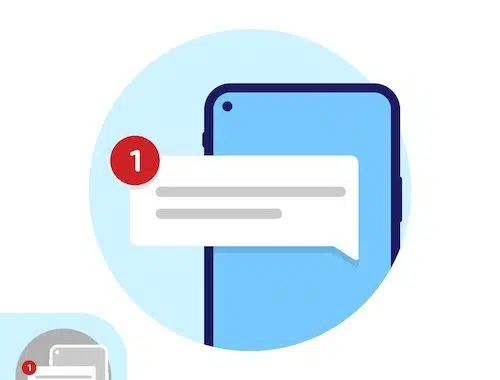
Chances are that you’ve already heard how digital marketing is the future of increasing conversion rates. You may have even heard about the value of APIs and how they can help companies make the most of all that available data on the Internet.
But what exactly are APIs, and why are they important? This article explains what you need to know about APIs and how they can help your marketing team.
What is an API?
An application programming interface (API) is a special way for different types of software and applications to communicate with each other. This happens by sending and receiving standardized data requests, or API calls, that are defined by the application developers.
A common API analogy is the restaurant example. If you’re dining out, you can choose from different items on the menu—similarly, different websites offer different functionalities. The server, who takes down your order and tells the kitchen, is like the API that gets you the option you want. A short while later, the food you ordered from the menu is in front of you, and you didn’t even have to get up!
An Example of an API in Action
Suppose that you’re a small business that sells ice cream. You want to start a digital marketing campaign using social media and text messaging to improve your sales and gain market share in your area.
Some important things you’d want to know during your marketing campaign might include:
- Weather: Are there any hot days coming up? These would be good days to utilize SMS/text marketing to offer same-day deals.
- Local competition: Where are your competitors physically located, and how are they rated?
- Customer sentiment: What are your customers saying about you on social media? Do they ultimately feel good or bad about your products?
- SMS Marketing: How can you quickly send mass SMS messages from your 800 vanity number to your current contact list and track who’s responding?
Of course, you can monitor these things by constantly checking the National Weather Service website, Google Maps, your social media channels, and your call tracking platform. But it takes a lot of time to navigate all of these websites, and you only want specific information. This is where APIs are helpful.
With APIs, you can use one application. For example, your customer relationship management (CRM) software or call tracking platform sends requests to different applications, essentially performing a search for you as if you were on each website. Now, you have all the information you need in one place, perhaps even on a single dashboard.
APIs are powerful because they can help make your business applications truly customized to your needs. Rather than waiting for the perfect application to be developed, APIs help you build in the functions that are most important to you.
API Security: Open vs Private API
Some of the most useful APIs you’ll encounter are public—all you need to do is read the website’s API documentation to learn what functions are available via that API.
Sometimes, however, you’ll want to access public as well as private data at the same time. For example, you may be interested in seeing what people say about your business on social media (public information) while looking at key metrics for your company’s text messaging campaign (private information). What keeps someone from sending an API request to see your company’s SMS information?
To protect private data that requires users to sign in, web services can generate an API key and an API secret. These function respectively as your API username and password—without them, you won’t be able to access private information via an API call.
In addition, some web services offer a mixed public/private model where you need to establish a private account before accessing public data. This is the case with Google and most social media platforms. The purpose is to ensure that API calls are coming from real people rather than web scrapers or automated systems that would otherwise overwhelm the website’s servers. Just like with private APIs, you’ll be given an API key tied to your account, which you should protect to prevent others from misusing your API access.
How APIs Can Help Your Call Marketing Campaign
If you want to make the most of a call or text marketing campaign and a toll-free vanity number, APIs can save your marketing team a lot of time and effort. Here are just a few examples of how APIs can help a marketing campaign:
- Coordinate sending mass SMS marketing messages with email blasts
- Send and receive text messages via vanity 800 numbers and VoIP lines
- Update customer accounts and marketing campaigns tracked by your CRM with call data from your call tracking and call intelligence platforms
Ready to Start Using APIs?
Now that you know how much APIs can help your marketing team succeed, the next step is to get an 800 vanity number with call tracking. Affordable vanity number plans are just a click away.












